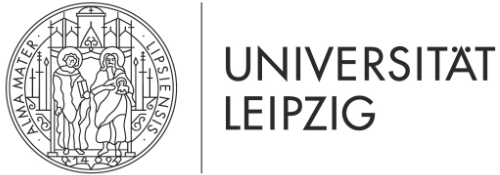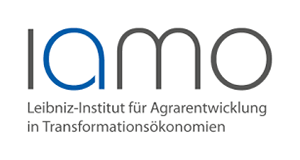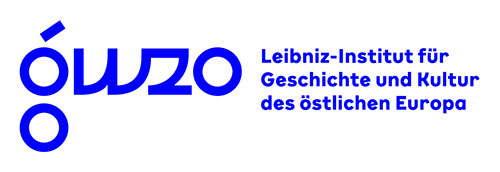Bojana Matejić
Research Area 2 and Research Area 4
Stay at EEGA: January – July 2019
Bojana Matejić is Assistant Professor at the Faculty of Fine Arts at the University of Arts in Belgrade, where she teaches courses in the institutional theory of art, cultural studies, biopolitical theory of art and media theory. In 2015, with a Research Scholarship from the Ministry of Education, Science and Technological Development of the Republic of Serbia, she completed her Belgrade University Ph.D. with a thesis entitled Emancipatory Practices in the Contemporary Theory of Art, under the supervision of Professor Dr. Lev Kreft. Ms. Matejić has published a number of articles in international scientific publications on the ESCI/AHCI list (Third text, Život umjetnosti: Journal for Modern and Contemporary Art and Architecture, Theoria, Philosophy and Society, AM Journal of Art and Media Studies, Journal of University of Science and Technology Beijing, etc.) and in books such as the three-volume History of Art in Serbia XX Century (Orion Art 2012/2014), Trans-theory Relations between Global and Local Discourses (Cambridge Scholars Publishing 2015), Shifting Corporealities in Contemporary Performance (Palgrave Macmillan 2018), etc. She published a monograph on Rosalind Krauss in 2018 (Orion Art). Her main research interests include contemporary theories of emancipation in art and aesthetics, avant-gardes, biopolitical theory, cultural studies, American contemporary theory of art, etc.
Research Project: Cultural Transfers around 1968: Art – Theory – Emancipation
In this research I examine the exchange of critical perspectives between South, East and West in the years 1963 – 1974. The research subject includes the modalities of the cultural transfers between Western (Germany), Eastern (Hungarian, Czechoslovakian and Polish) and South- Eastern European (Yugoslavian) artistic and theoretical neo-avant-gardes, particularly in the case of cultural international exchanges in the Student’s Cultural Centre (SCC) in Belgrade, and the Korčula Summer School of the ‚Praxis‘ Group. The primary aim of the research is to investigate: 1. In what way and under what conditions the artistic and theoretical emancipatory values – such as the ‘(artistic) practice of equality’, ‘post-pedagogy’, ‘art becoming life’, ‘production of space’ – were shaped by the cultural transfers of critical perspectives between South, East and West around the year 1968 in (South-)Eastern Europe. 2. Whether one may speak about the “globalisation” of such ideas in/by social movements around the year 1968. 3. What the cultural-political consequences of the East-South entanglements in terms of critical debates are for a socialist politics of culture from the standpoint of contemporary globalisation processes. The notion of ‚cultural transfer‘ is used here in terms of Espagne’s transnational approach to the history of translation and circulation of knowledge (Michel Espagne, 1952 –). The term refers to the examination of the modalities of transfer and migration from one cultural context to another, and deconstructing essentialist standpoints so that the objects of analysis are subjected to continuous reinterpretation and re-signification. In terms of methodology and state of the art, I will use methods of cultural transfer research that focus on the “non-national” aspects of “national” and/or transnational and transcultural aspects in the production and distribution of knowledge.








